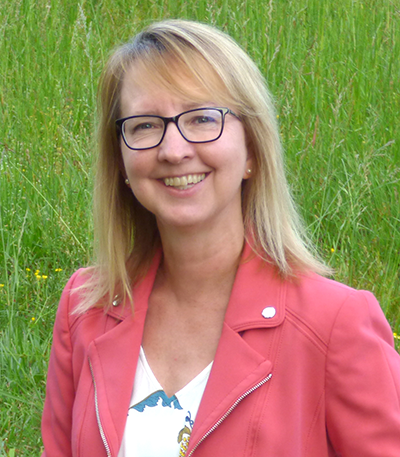It’s that time of year when resolutions and goals are tossed about like snowballs on a snow day. From corporate goals to New Year resolutions, we’re bombarded with talk about growth, change and improvements.
So it seems pretty natural then for us to start thinking about our own situation, especially when people start asking us what New Year resolutions we’ve got on our list.
I just tell ‘em: I’ve got something better than resolutions!
But why not just go with the standard resolution format? It’s easy enough to pick a habit I’d like to change, a result I’d like to achieve, or even a lower number I’d like to weigh. The thing is though, those type of resolutions or goals just haven’t ever motivated me. I’ve tried several times over many years and with different types of goals – they just don’t get me moving long enough for any meaningful change to happen.
Imagine my surprise then when I learned early in my coaching training just how important goals are to a successful coaching process. Oh boy, I guess my time had come to square up with goal-setting.
And square up I did! As I did the research and read the books and studies, I learned why it’s important to have something to be reaching toward (what some might call a goal or resolution) and more importantly I’ve learned what it takes to make them motivating.
Drs Locke and Latham spent decades studying goals and have many studies and books showcasing their findings, such as this study from 2006 and this one in 1981. Locke & Latham show us that goal-setting is linked to higher motivations, self-confidence, self-esteem and autonomy.
In this study by Case Western University, they found when people relied on what they ‘should’ be doing there was much more resistance to making and then sustaining noticeable changes in their habits. For instance, if they felt like they should be eating better, the resistance was pretty high. But when people put more of a reason behind it, especially when it relates to their future self, the chances of them making the habit changes increased quite a bit. So in the case of eating better, the participants would tie it to wanting to live longer so they could enjoy their grandchildren.
But as a result of all that reading and plenty of coaching sessions in which I’ve been able to see this in action, I’ve found a framework that does work for me and for those I’m coaching.
Here it is:
Examine
What’s my current situation? Am I living and working in alignment with my values? What parts of my life are going well? What parts might not be?
Envision
What type of person do I want to be and in those various parts of my life (and my business too)
Evaluate
What’s the difference between where I am now and where/who I want to be
Engineer
What is it I can control in an effort to close that gap? What are the small actions I can take on a daily basis that will move me towards that person I want to be?
Science shows us that when we have a strong understanding of the reason WHY we want these changes then we are setting ourselves up for success. Spending more time and effort to go deeper is an important element to closing that gap of where we are and where we’d like to be.
If you’d like some worksheets or journal prompts to help with any of these steps, just let me know. Coaching is another great option. I’d be honored to be a part of your journey! We can chat about your situation and options that match up in a complimentary connection call. Click here to find a time that works for you.
However you go about it, may this coming year be full of meaningful moments in your journey to being your best, true self!
